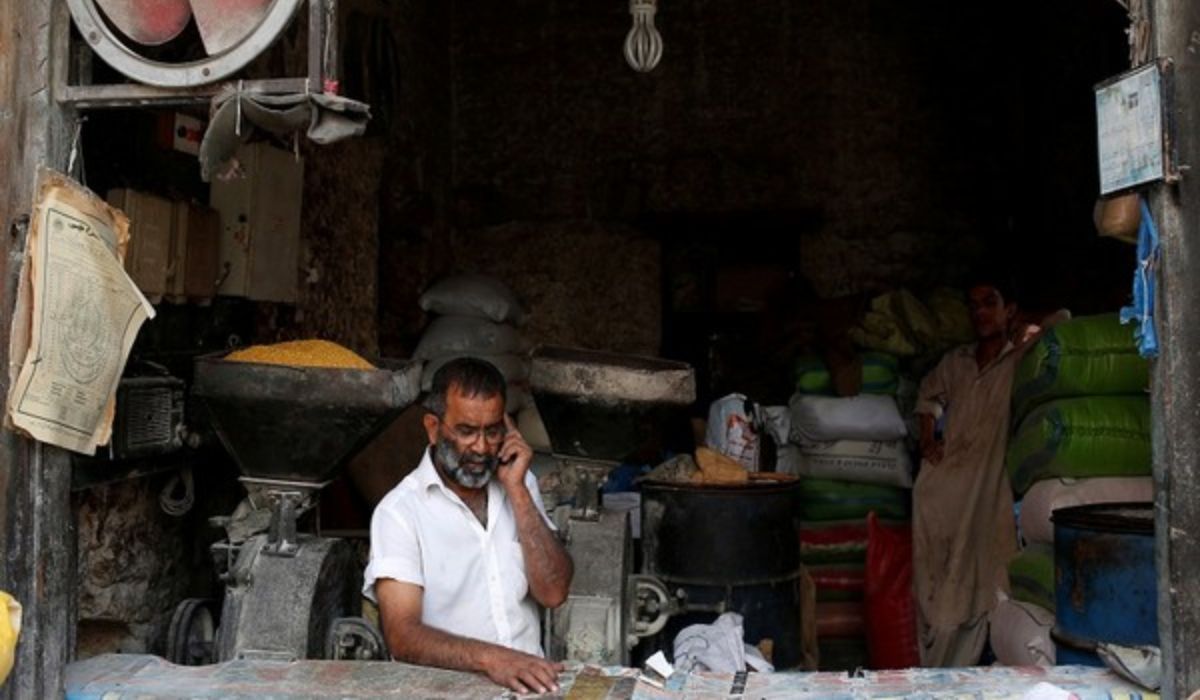In a move of solidarity with their counterparts in Khyber Pakhtunkhwa and Sindh, the millers in Punjab have announced a symbolic strike.
According to a recent report by The News International, millers in Punjab have announced a token strike of four hours to express their solidarity with the flour millers of Sindh and Khyber Pakhtunkhwa where wheat import has recently been banned.
The announcement was made by the office-bearers of Pakistan Flour Mills Association at a press conference held in Lahore on Sunday. The symbolic strike is scheduled to take place on the coming Monday and Tuesday, from 2 pm to 6 pm.
Recently, the Punjab government had put a ban on the import of wheat into the Khyber Pakhtunkhwa province, over allegations of ‘smuggling’.
The ban on the import of wheat into Khyber Pakhtunkhwa by the Punjab government has caused significant disruption to the region’s flour mills. Millers in Khyber Pakhtunkhwa believe that the ban is an illegal restriction and that the Punjab government is using the pretext of smuggling to justify its actions.
Khyber Pakhtunkhwa is highly dependent on Punjab for its supply of wheat and flour, with the province needing 500,000 tonnes of wheat annually, while Punjab produces 800,000 tonnes. This means that Punjab produces around 80% of the country’s wheat, and Khyber Pakhtunkhwa relies heavily on it to meet its wheat and flour needs.
The ban has resulted in a significant shortage of flour and wheat in Khyber Pakhtunkhwa, with the region suffering from a daily scarcity of 5,000 tonnes of wheat. The situation is a cause for concern, as it could potentially impact the availability and price of flour and other wheat-based products across the country.
Millers in Punjab urged the Punjab government to remove the restriction on wheat exports to Khyber Pakhtunkhwa and Sindh provinces, and deemed the ban “illegal and unconstitutional”.
The millers claim that these restrictions have caused significant financial losses to flour millers, whose livelihood are dependent on the business. They also argue that the export of wheat and its byproducts is an essential aspect of their business, and any restrictions on its transportation directly impact their operations.
The millers have urged the government to take immediate action to address their concerns and ensure that their businesses are not adversely affected. They have also requested that the authorities engage in a dialogue with them to find a mutually acceptable solution to the issue.
The Pakistan Flour Mills Association has warned that if their demands are not met, they will be forced to strike indefinitely, similar to the situation in Sindh and Khyber Pakhtunkhwa.
It remains to be seen how the government will respond to the millers’ demands, and whether the symbolic strike will achieve its intended purpose. The situation bears watching, as any prolonged strike could have significant consequences for the availability and price of flour and other wheat-based products in the region.


